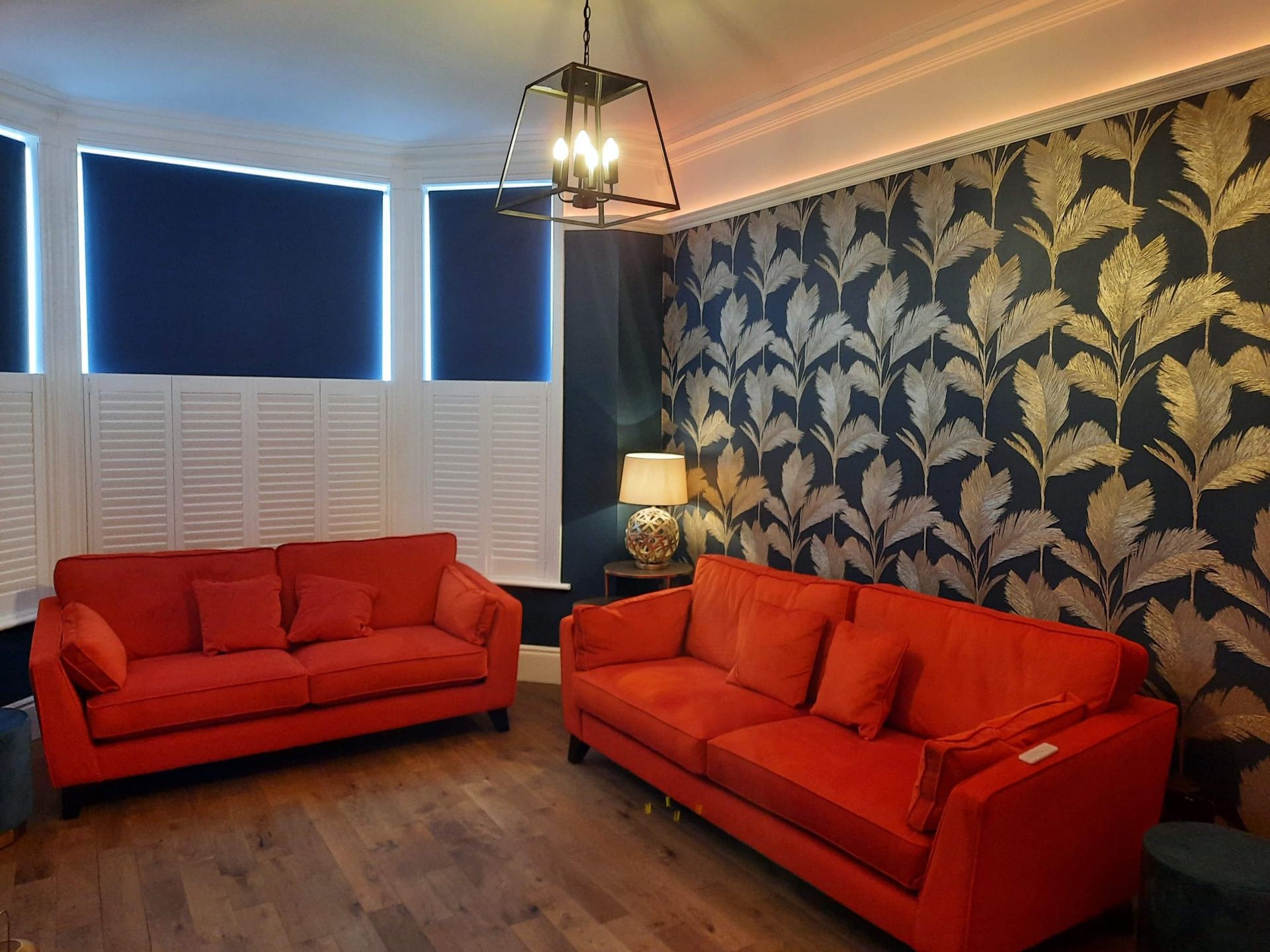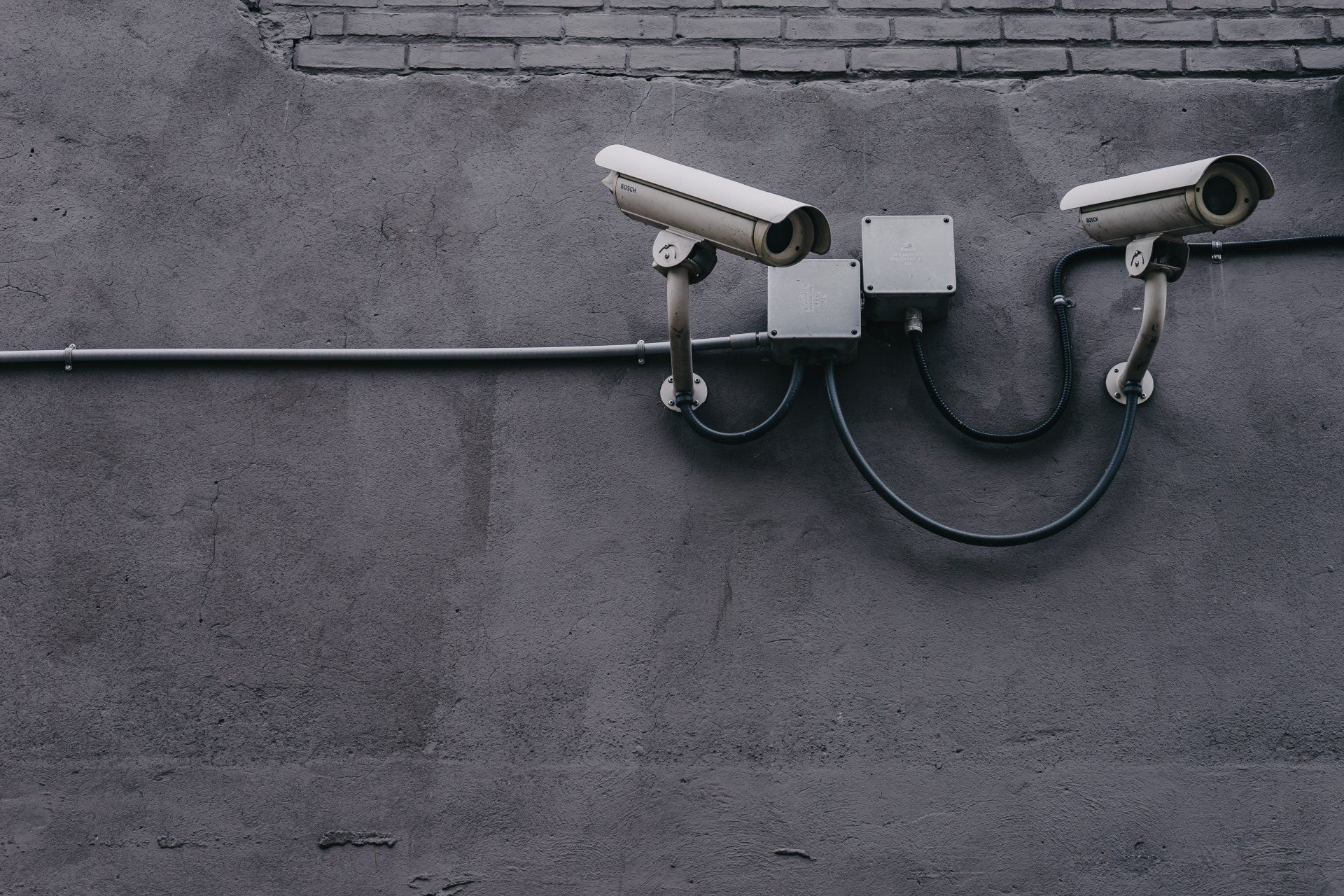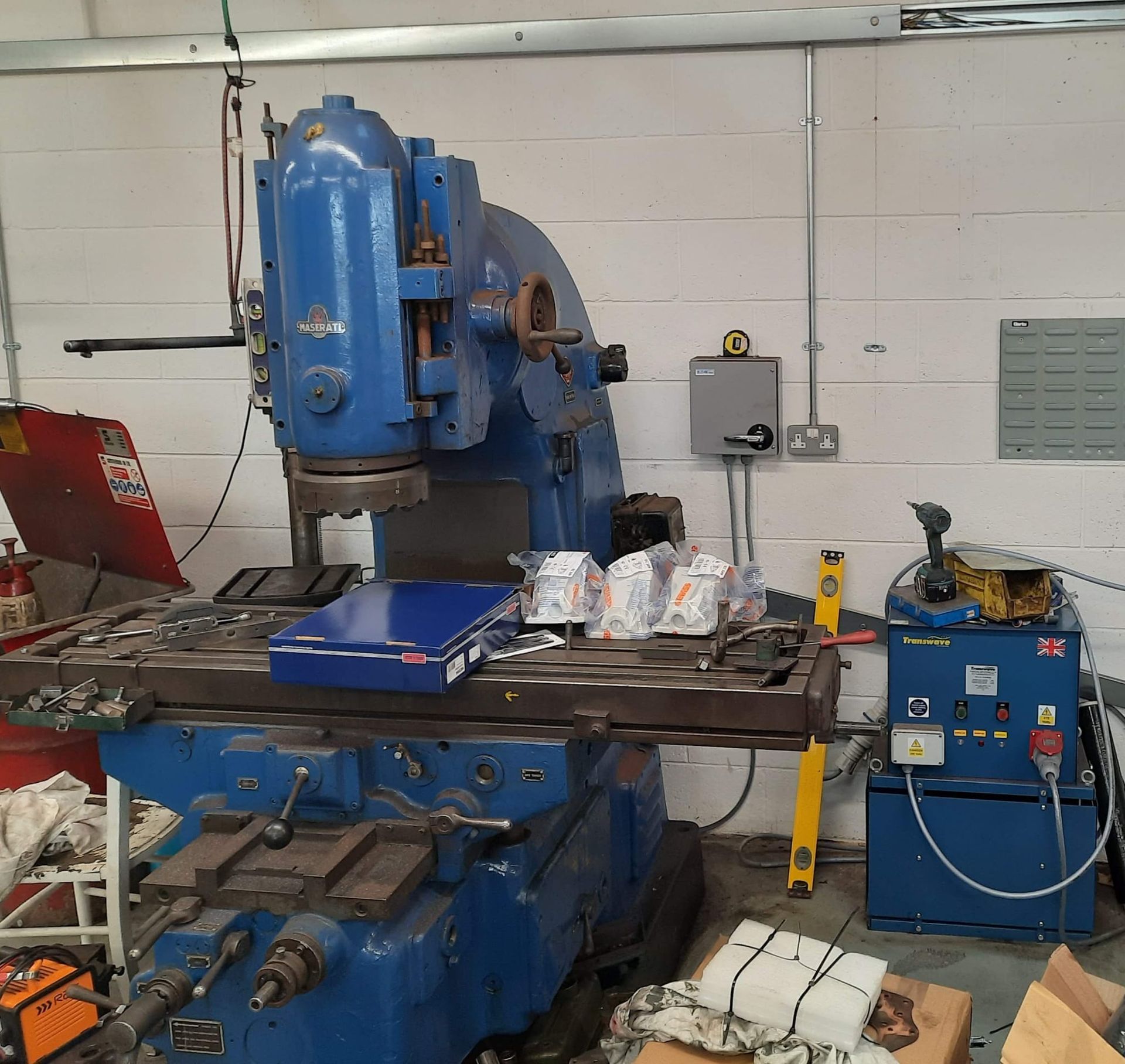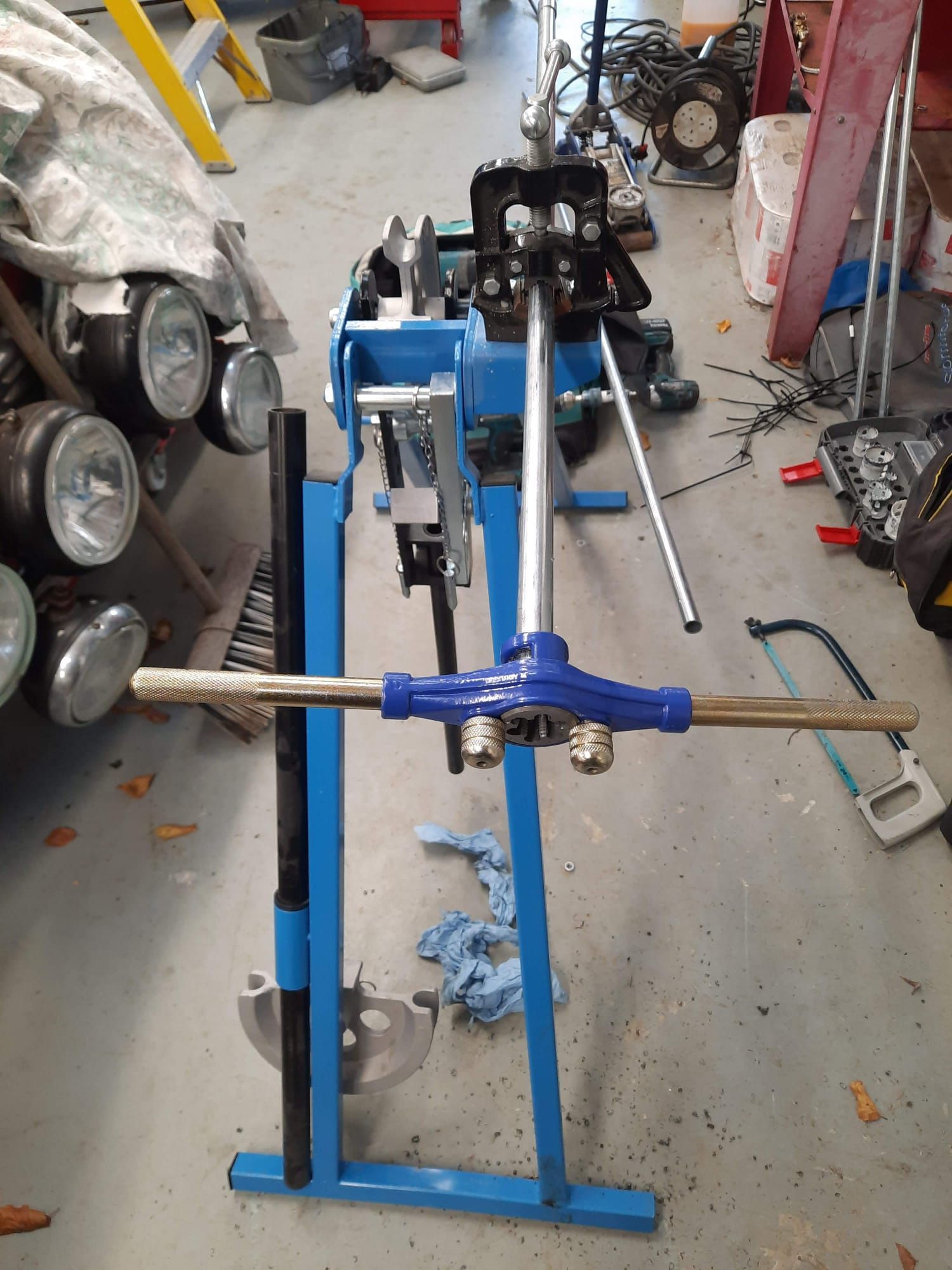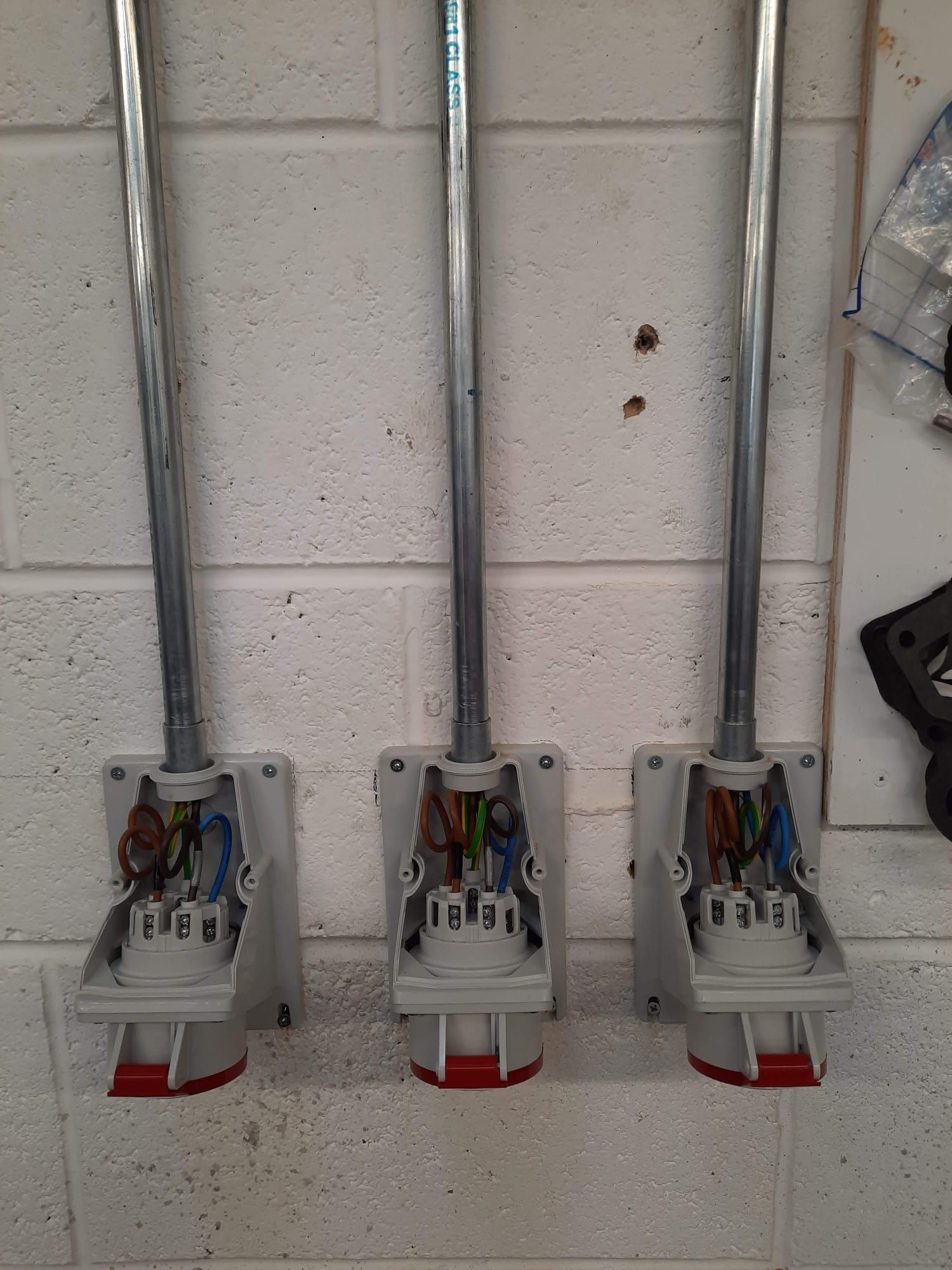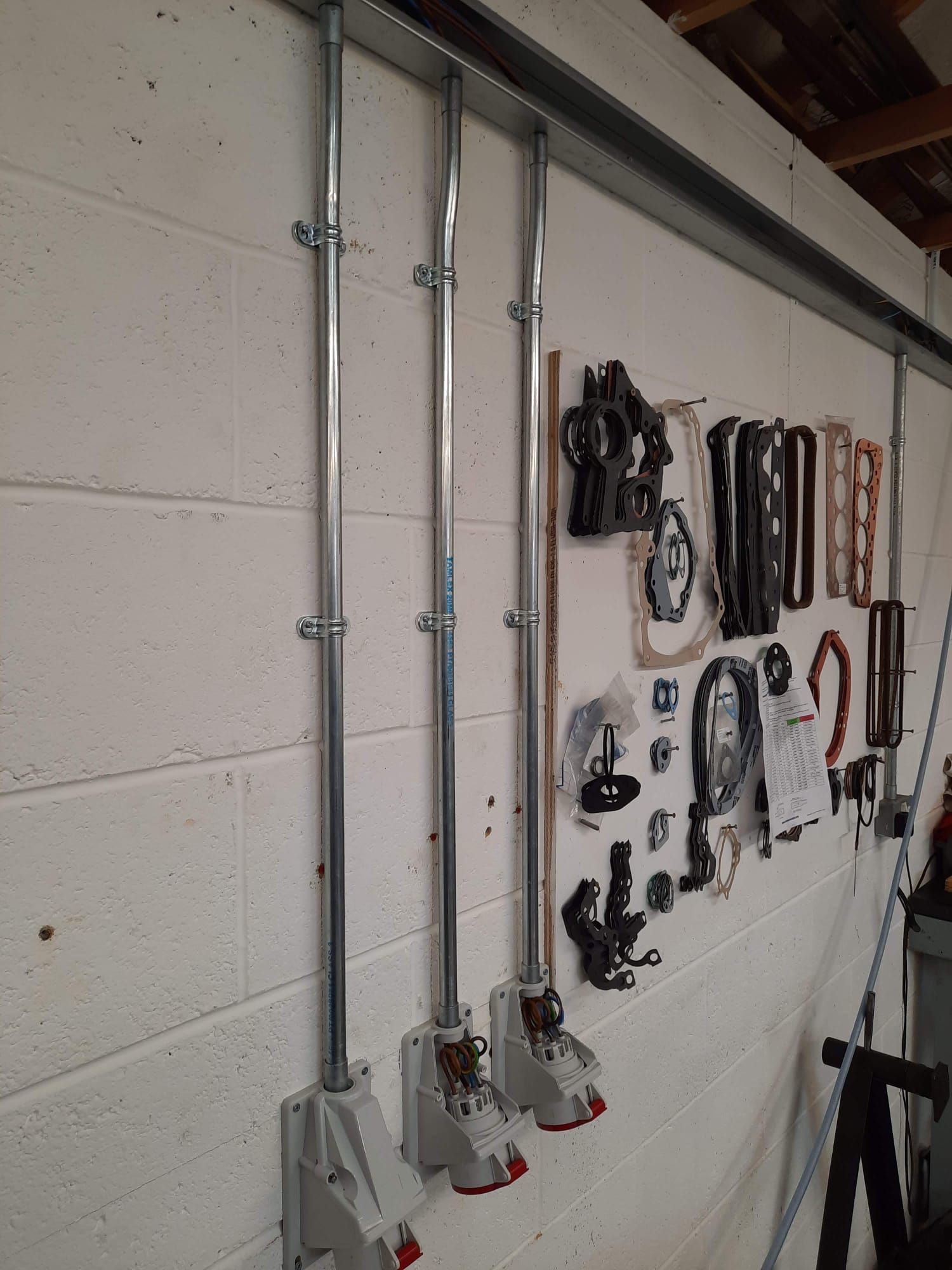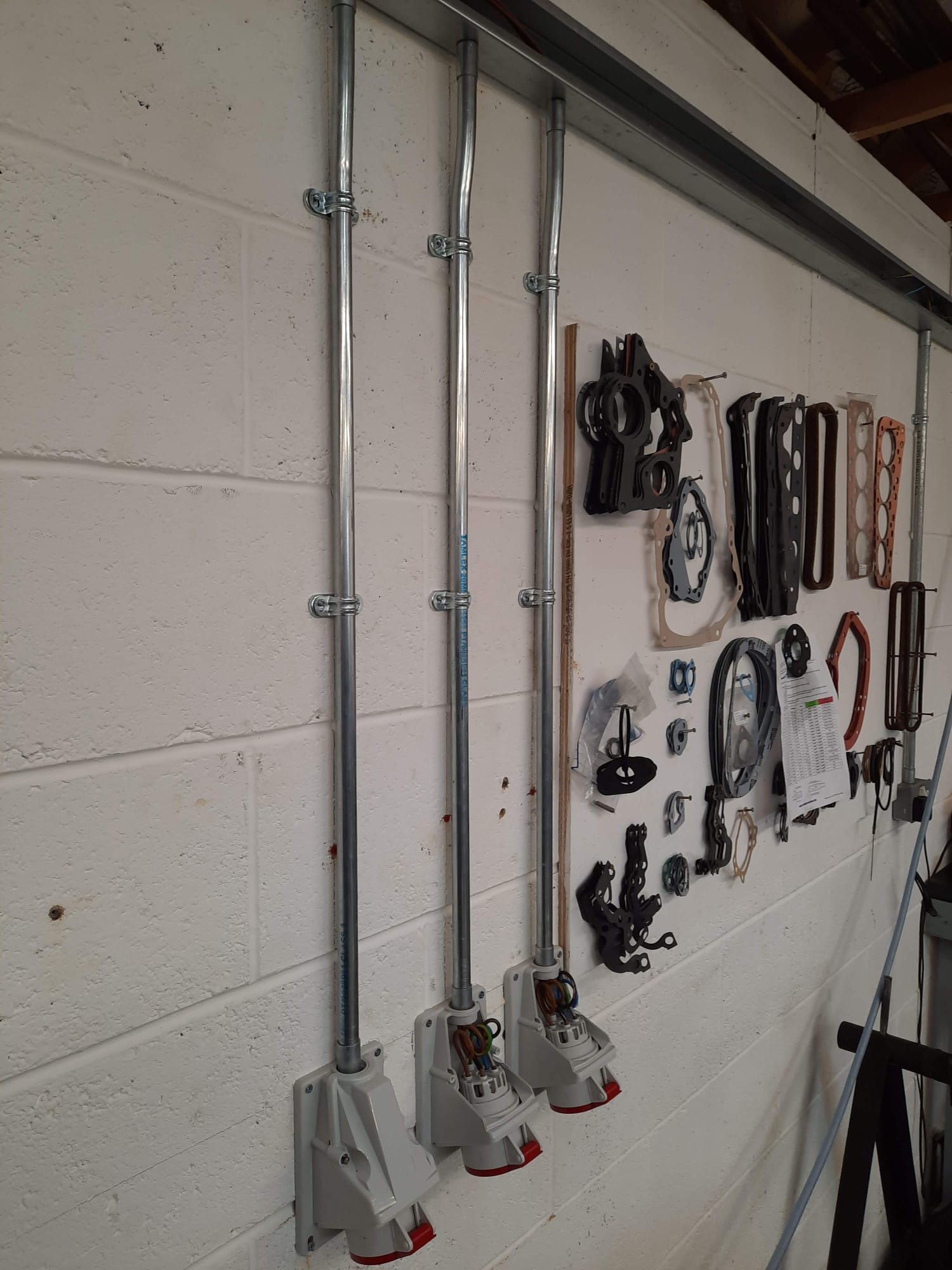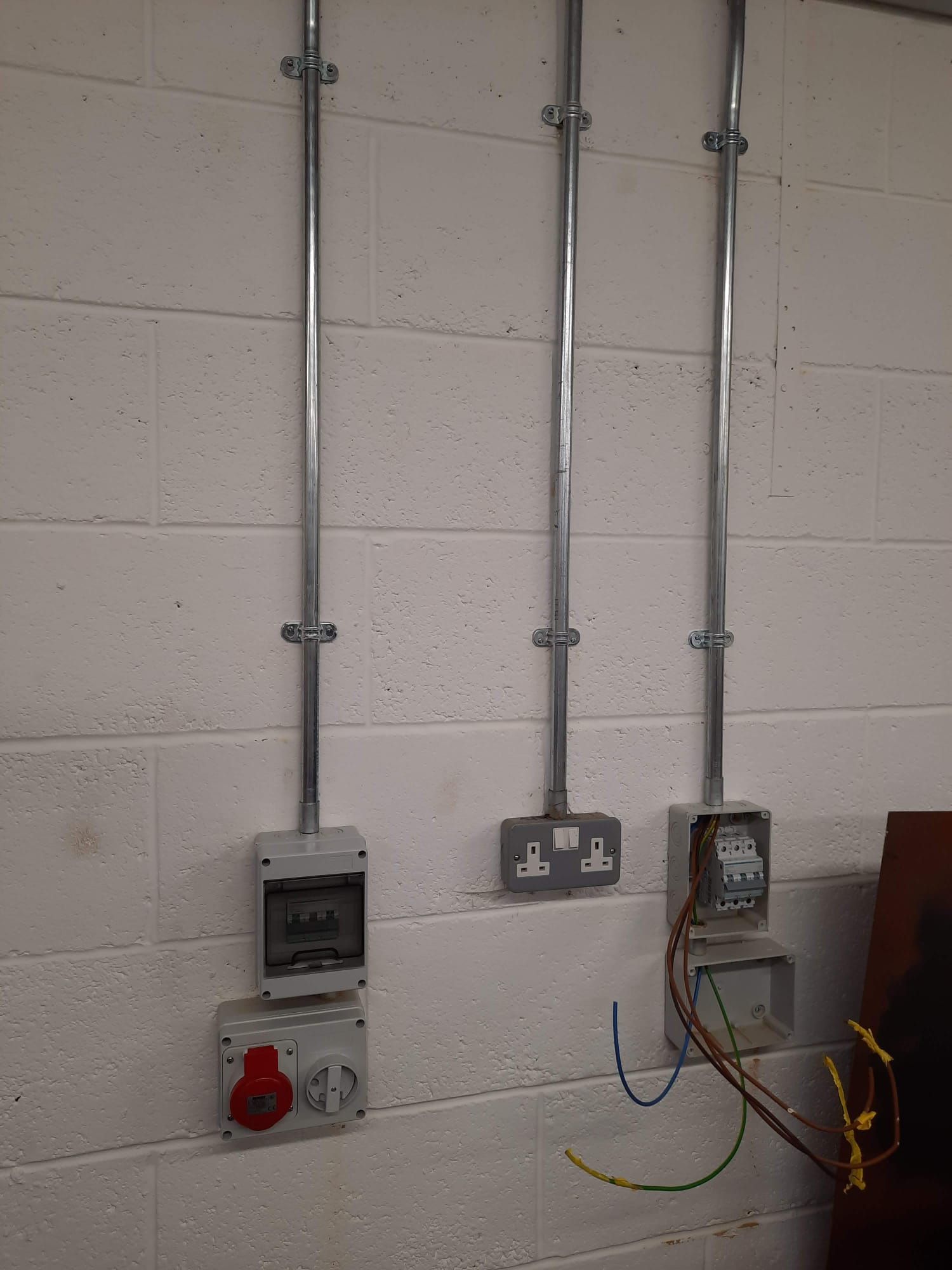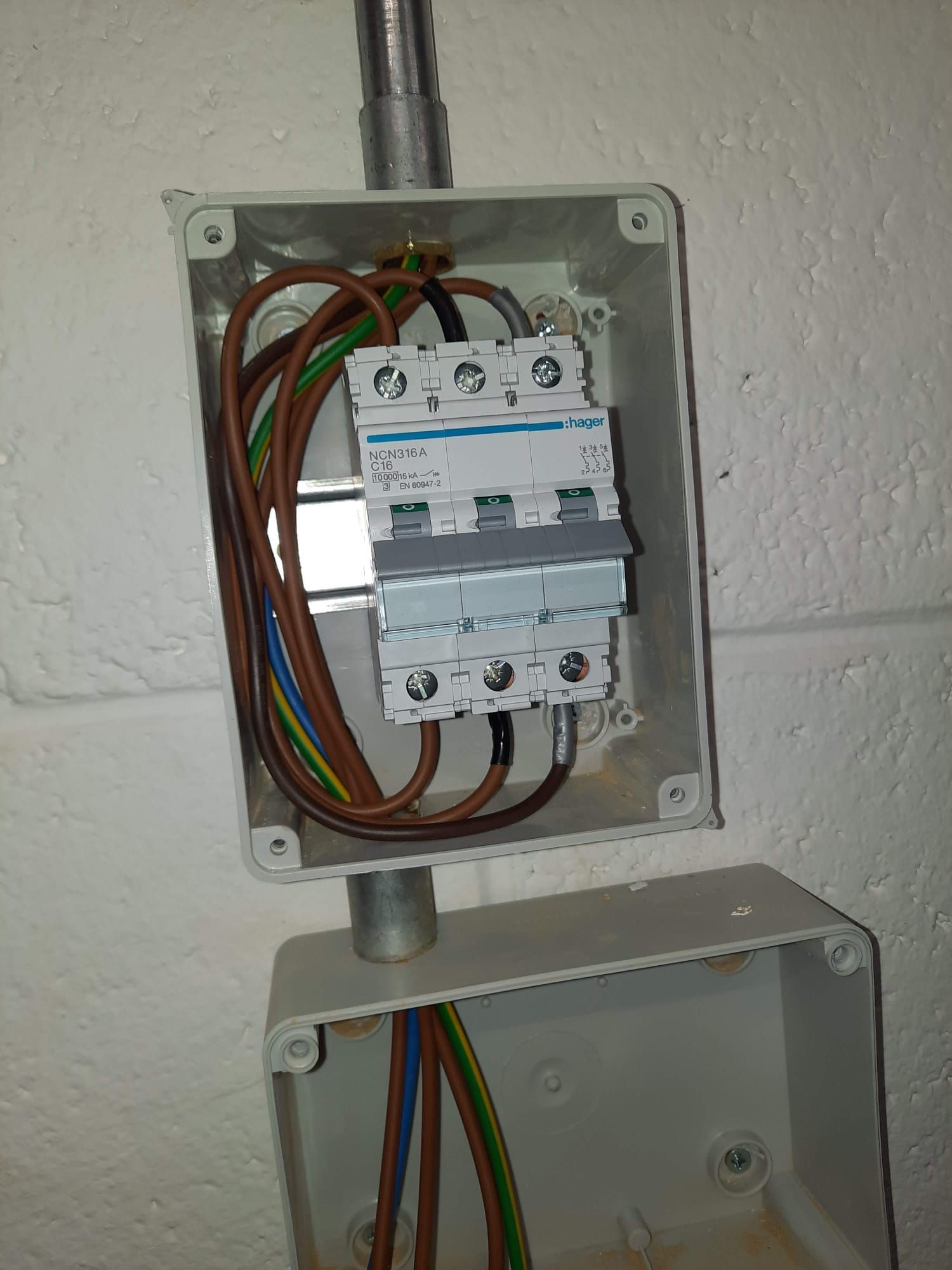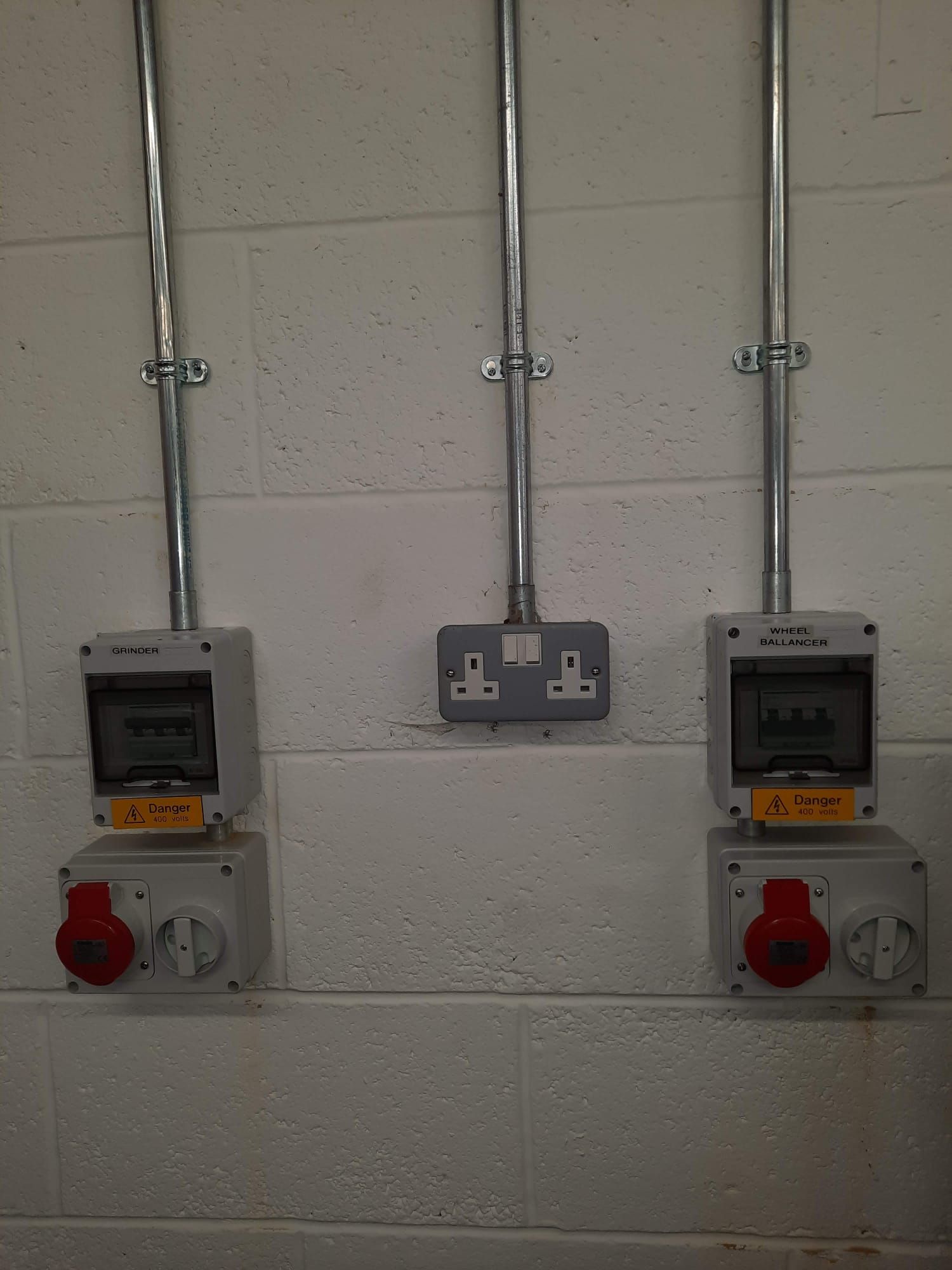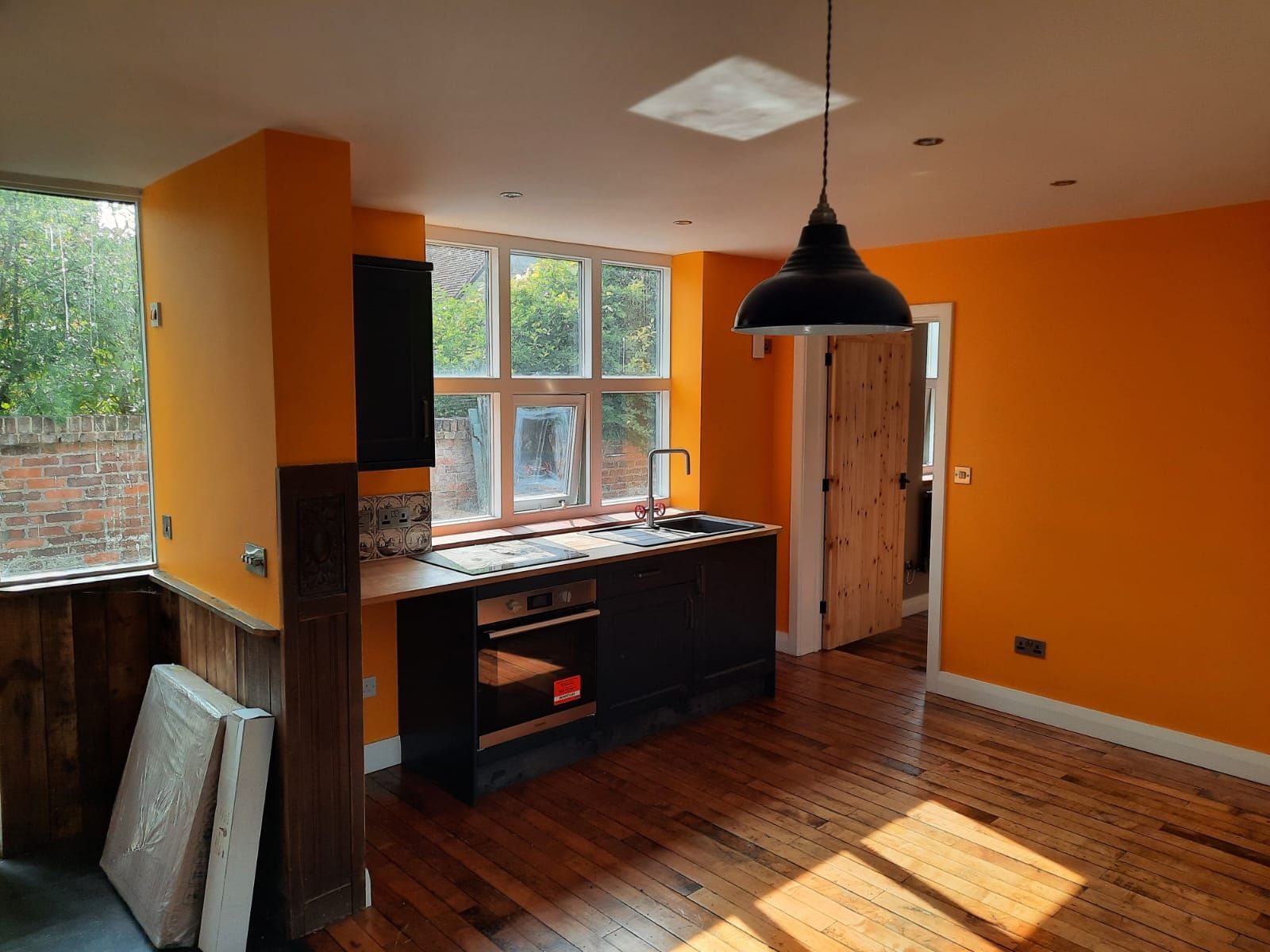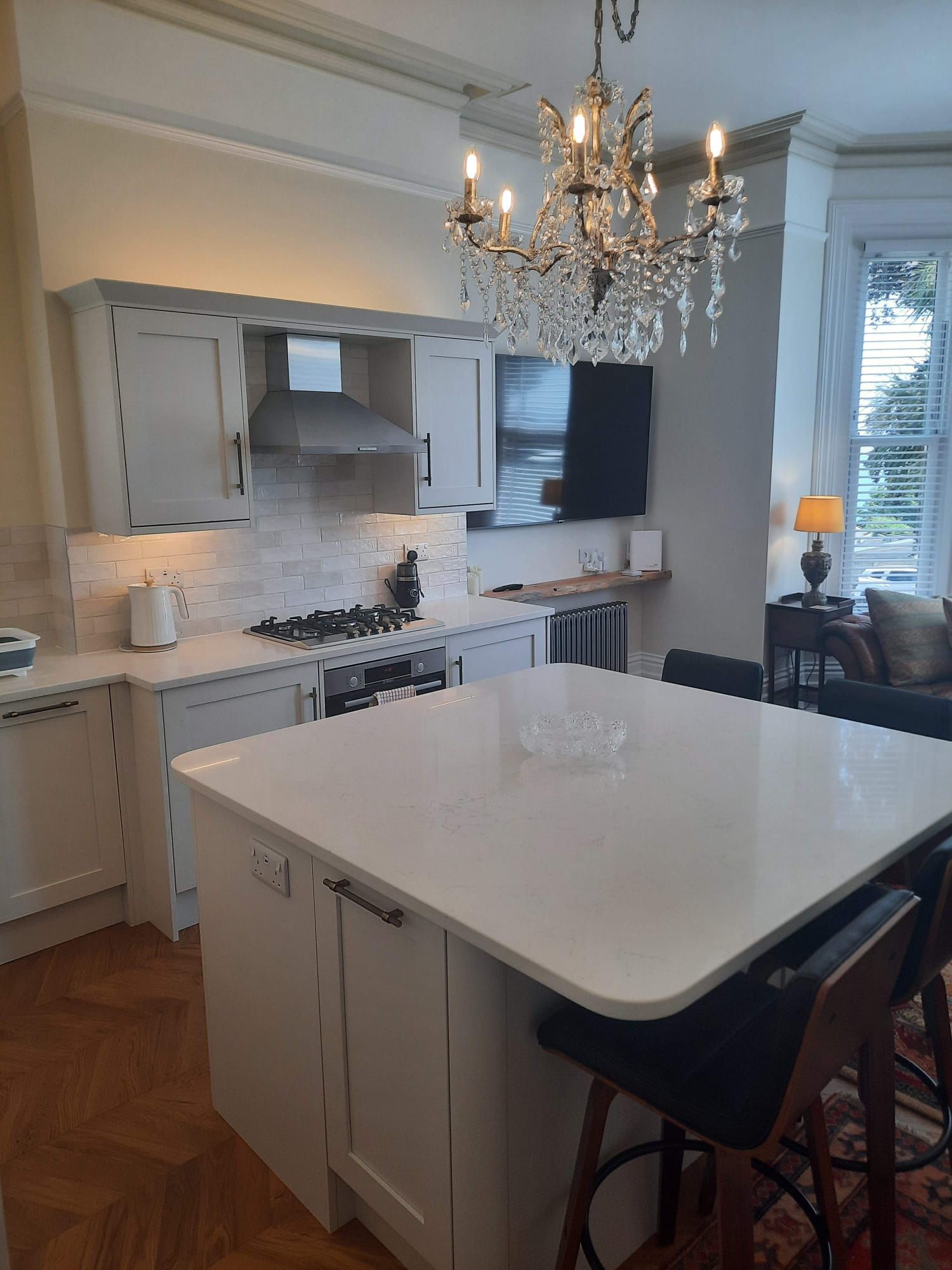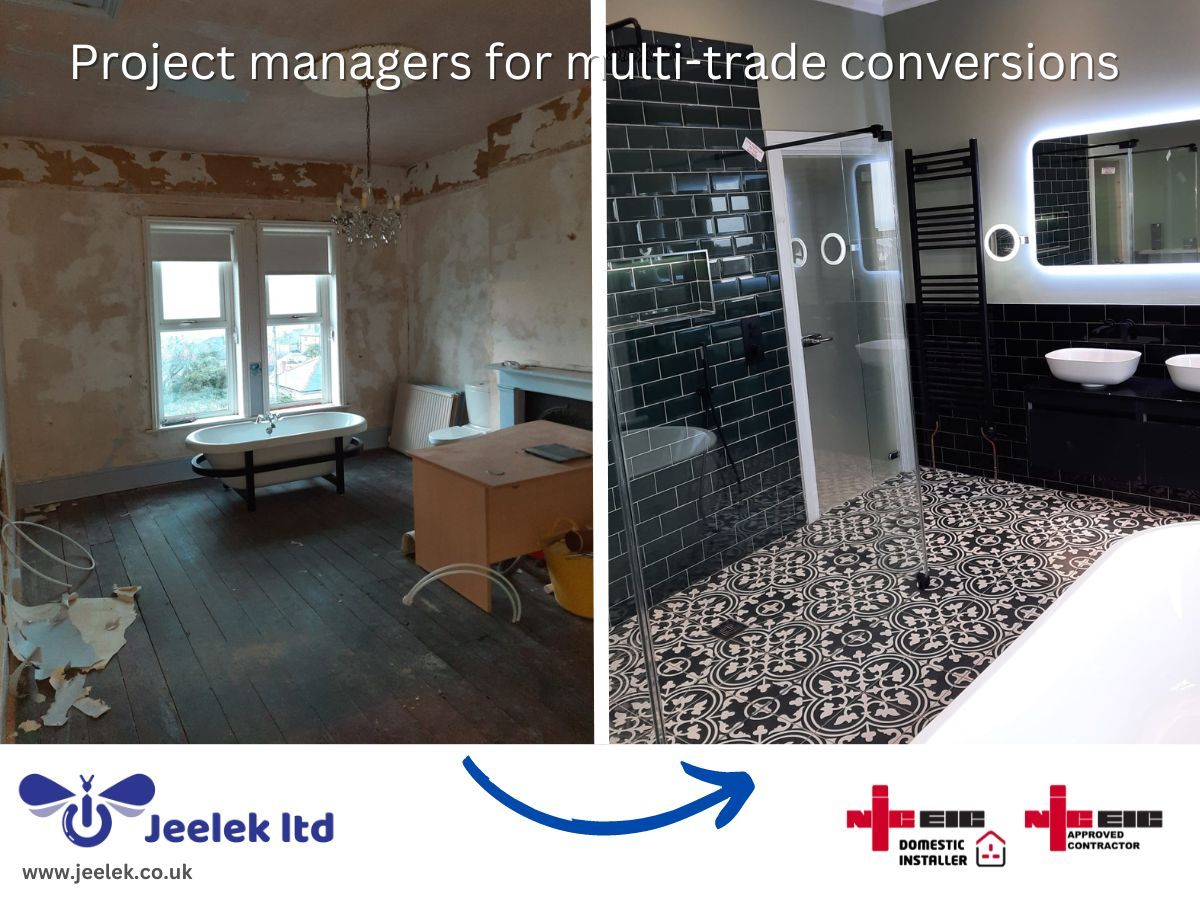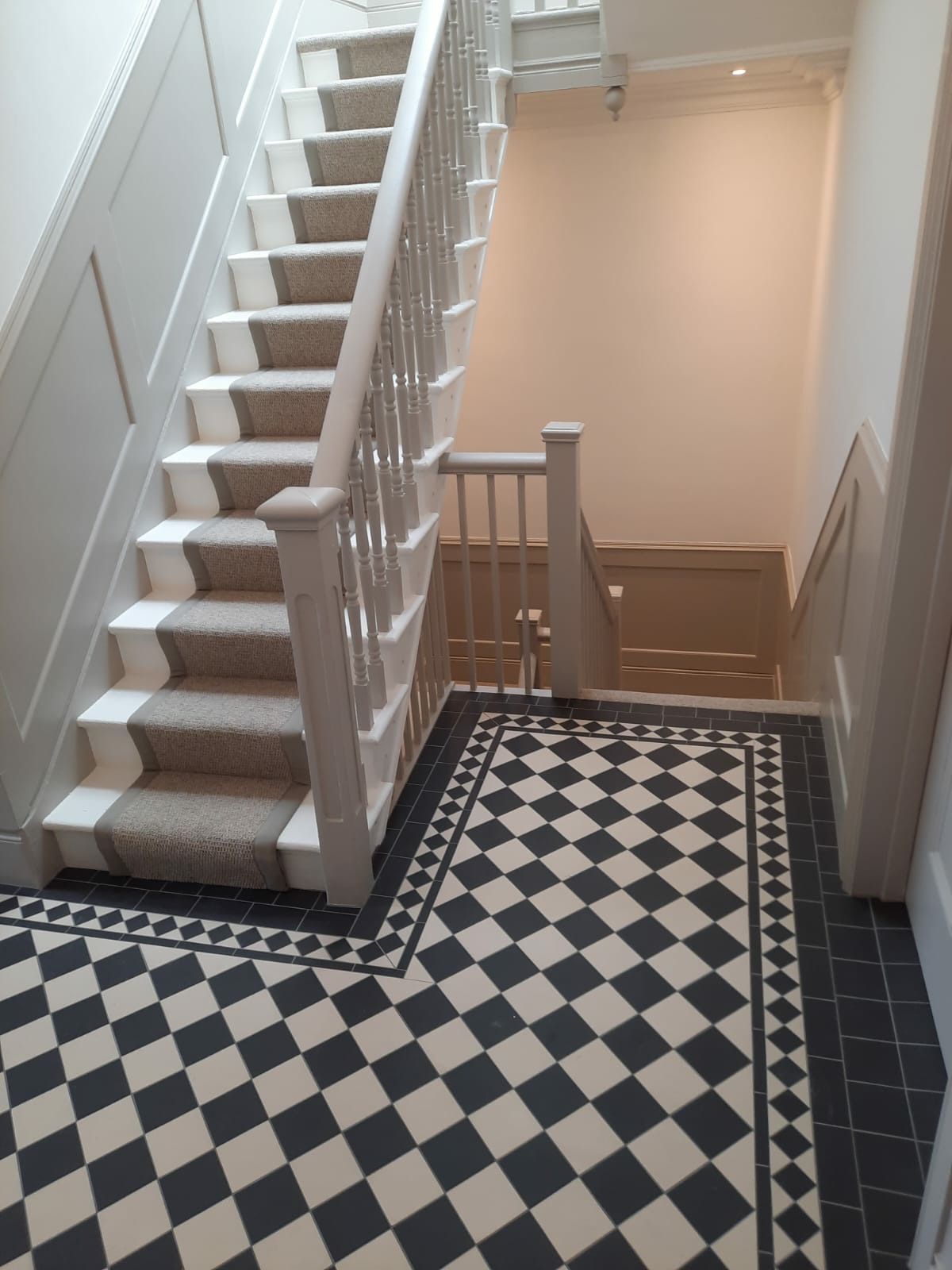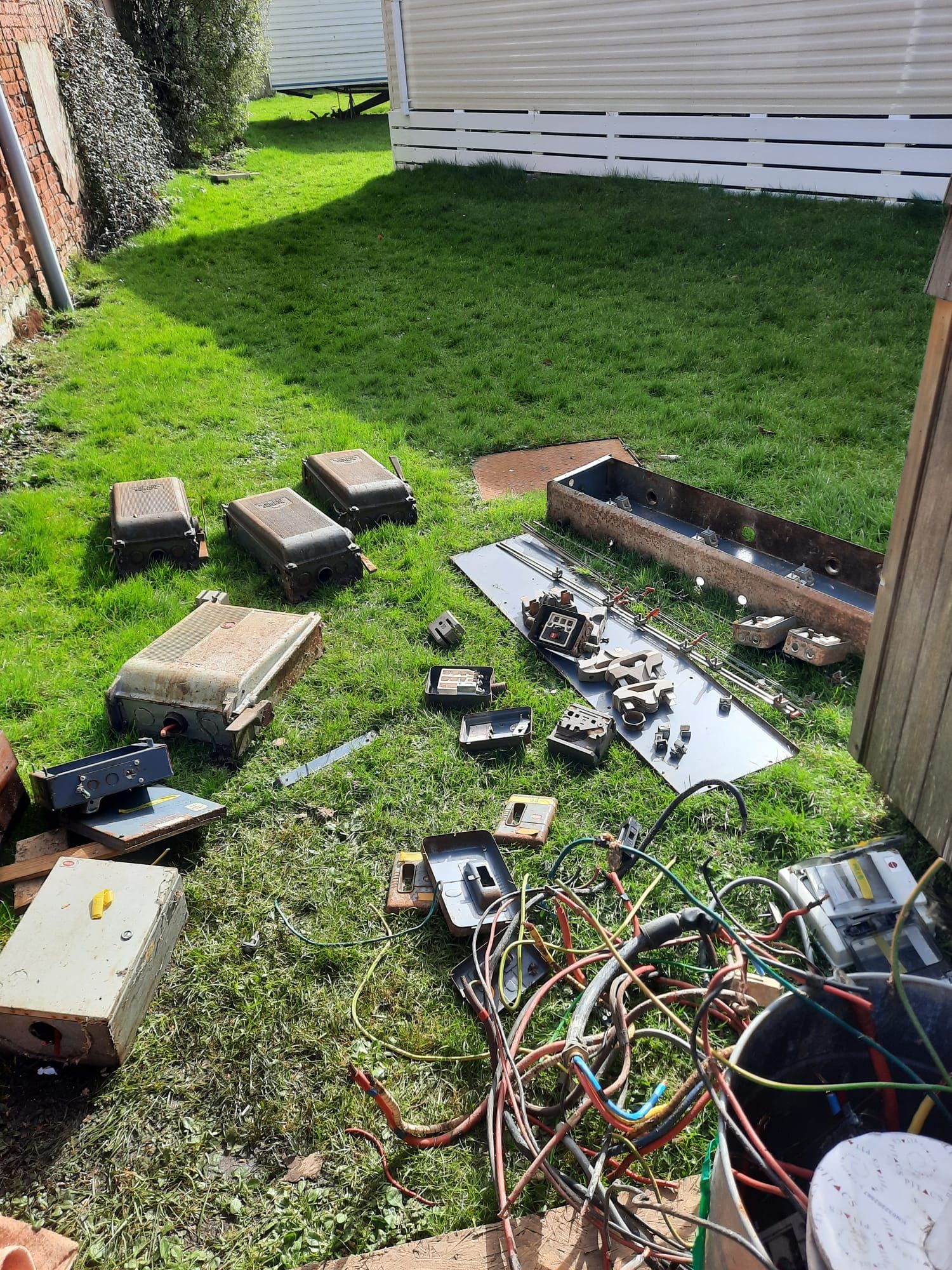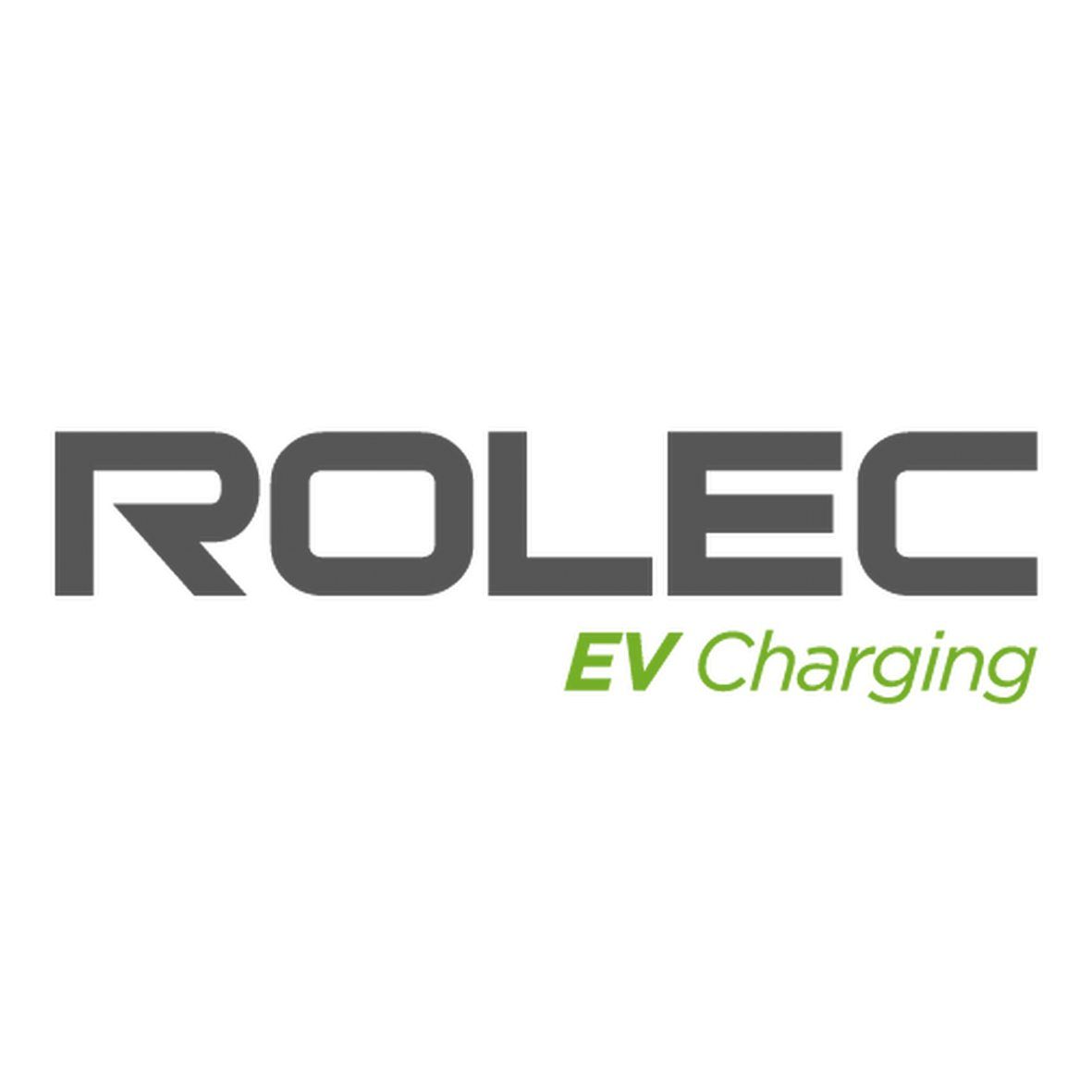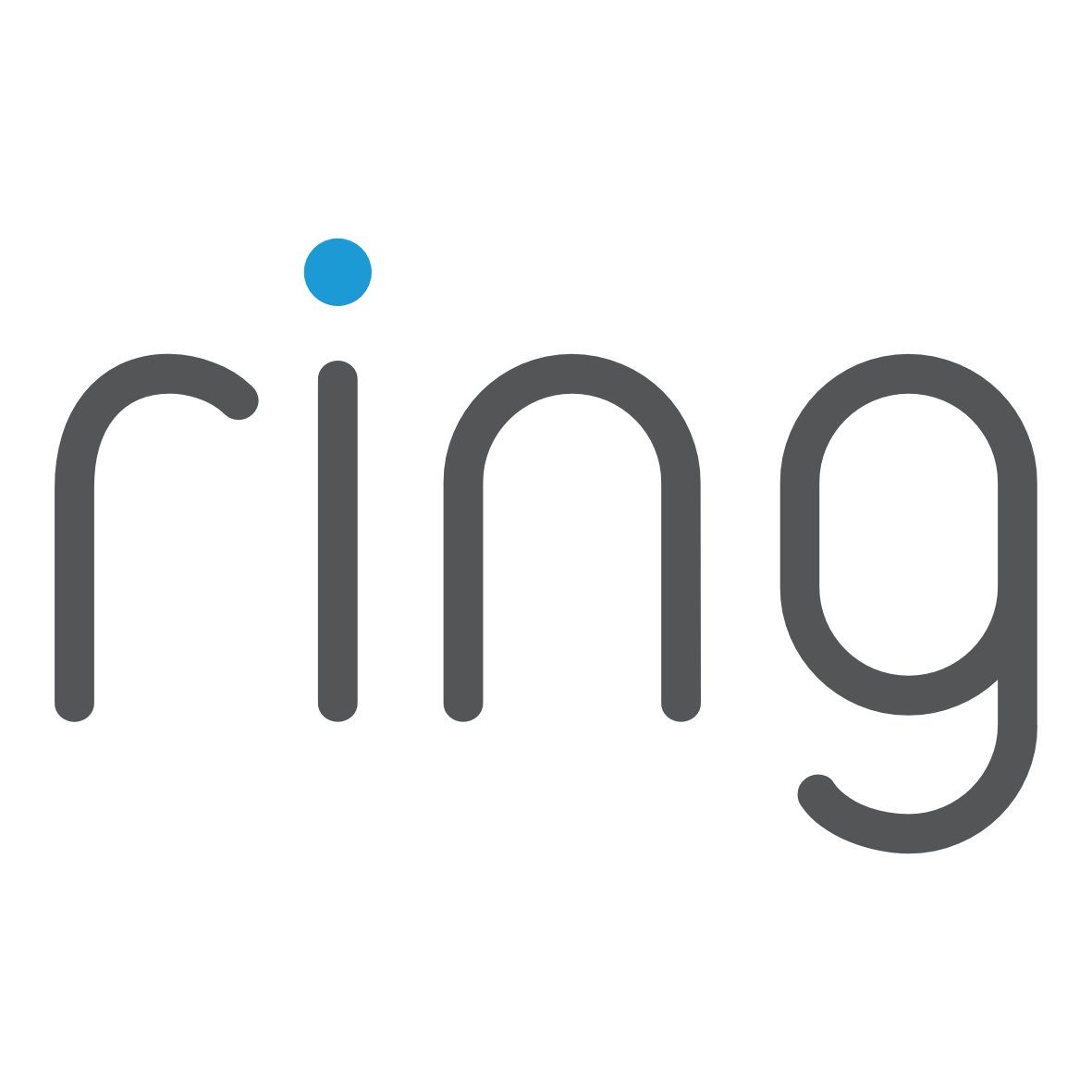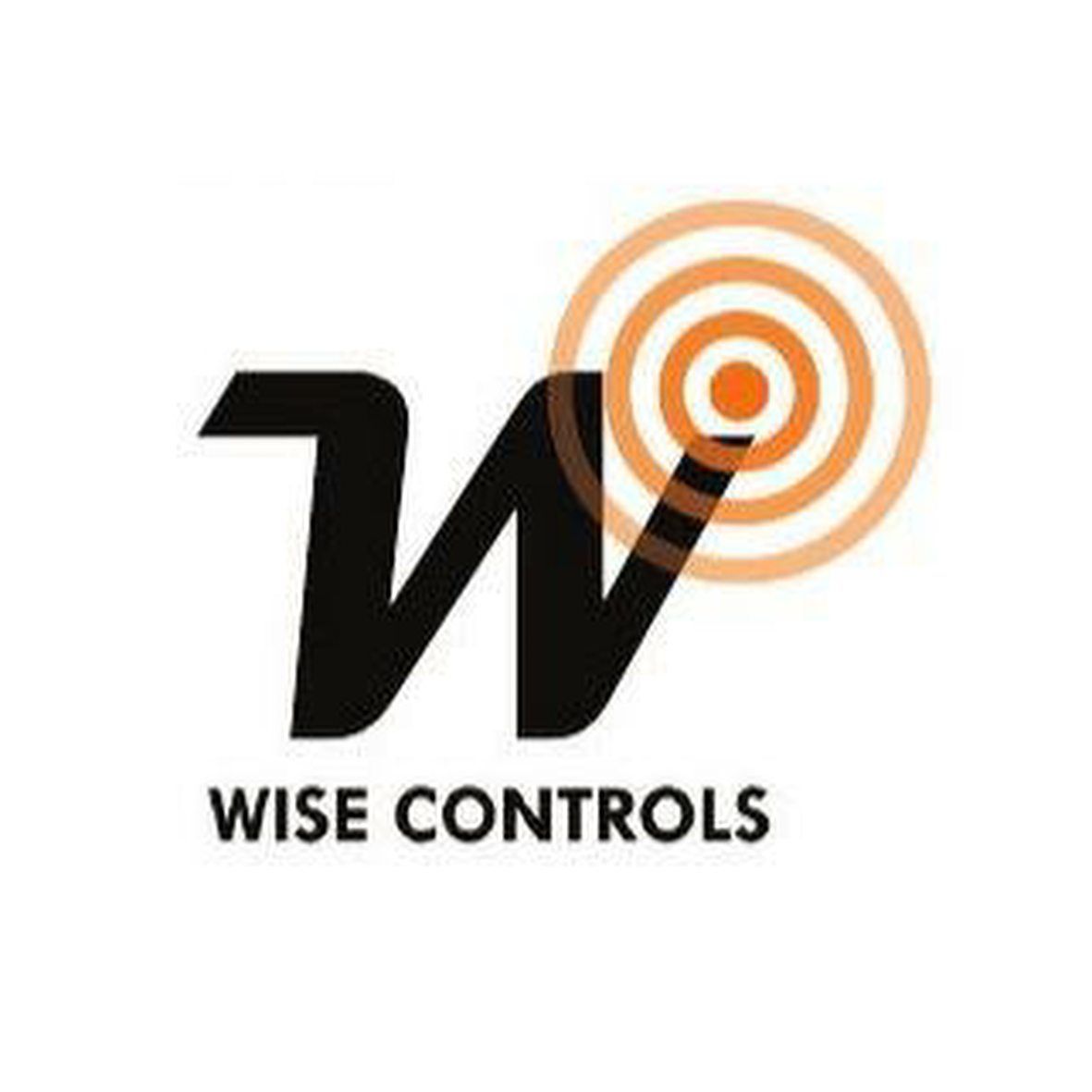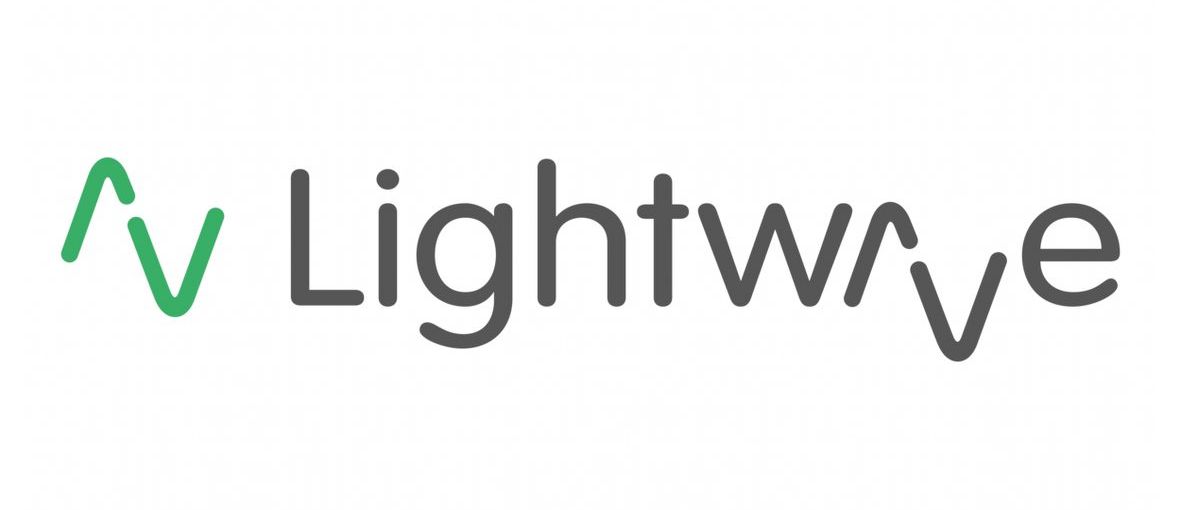Transforming a Classic Car Repair Workshop: Installing a Rotary Phase Converter for 3-Phase Equipment
Share
At Jeelek Electrical & Construction Services, we take pride in our ability to solve complex electrical problems for our clients.

Recently, we were approached by a regular customer with a vintage sports and classic car repair workshop on the Isle of Wight. He faced a significant challenge: his workshop needed to power several pieces of 3-phase, 400-volt equipment, but he only had a single-phase, 230-volt electrical supply.
One potential solution, of course, is asking the local electricity board to install a 3-phase supply but that can be astronomically expensive. So, he turned to us for help.
Here's how we tackled this challenge and provided an efficient and cost-effective solution.
Understanding the Challenge
Our customer needed to run various 3-phase, 400-volt vehicle repair equipment in his workshop, including:
- A 3-phase grinder
- A 3-phase hot wash
- A 3-phase wheel balancer
- A 3-phase mill for milling engine heads
The workshop's existing electrical supply was single-phase, 230 volts, which was insufficient to power these machines. The customer had two options: either request the local electricity board to install a 400-volt 3-phase supply, which would be expensive, or find an alternative solution.
The Alternative Solution: Rotary Phase Converter
To avoid the high costs associated with upgrading the electrical supply, we recommended and installed a 230V to 400V Transwave rotary phase converter. This device would allow the customer to use his 3-phase equipment without the need for a costly electrical system overhaul.
What is a Rotary Phase Converter?
A rotary phase converter is a piece of equipment that converts single-phase power into three-phase power. It uses a combination of an idler motor and capacitors to generate the additional phases. This solution is ideal for workshops and businesses that need to power 3-phase equipment but only have access to single-phase power.
Installation Process
Keith from Jeelek undertook the project with meticulous planning and execution. Here’s how he completed the installation:
- Assessment and Planning: Keith conducted a thorough assessment of the workshop’s electrical system and the specific requirements of each piece of equipment. This helped him determine the appropriate size and capacity of the rotary phase converter needed for the job.
- Installation of the Rotary Phase Converter: He installed the Transwave rotary phase converter in a suitable location within the workshop, ensuring it was easily accessible for maintenance and operation. The converter was connected to the single-phase 230-volt supply, and its output was configured to provide a stable 400-volt 3-phase power supply.
- Wiring and Outlet Installation: To distribute the 3-phase power to the various pieces of equipment, Keith installed 3-phase outlets throughout the workshop. Each piece of equipment was connected via galvanised trunking and 20mm galvanised conduit, ensuring a robust and safe installation.
- Testing and Commissioning: After completing the installation, he conducted comprehensive testing to ensure that the converter and all connected equipment were operating correctly and safely. This included checking voltage levels, load capacity, and overall system performance.
The Outcome
The project was a resounding success. The customer’s workshop is now fully equipped to handle 3-phase equipment, significantly enhancing his operational capabilities. The use of a rotary phase converter provided a cost-effective and efficient solution, avoiding the need for a costly upgrade to the electrical supply.
Conclusion
At Jeelek Electrical Services, we thrive on solving problems for our clients. Whether it’s upgrading electrical systems, managing complex construction projects, or finding innovative solutions like the installation of a rotary phase converter, we are committed to delivering excellence. If you have a unique electrical challenge, don’t hesitate to contact us. Remember, problems are only there to be solved!
For more information on how we can help with your electrical or construction needs, please reach out to us today.
More news, tips and advice
